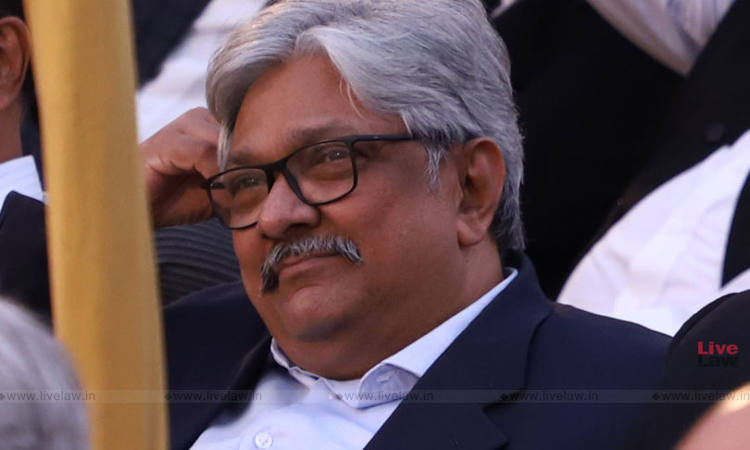RTI Act Dilutes Governments's Claim Of Privilege, Holds Justice K M Joseph In Rafale Review
Manu Sebastian
10 April 2019 8:10 PM IST

Justice Joseph hinted that a claim of privilege may come in way of a citizen's legitimate efforts to gather evidence in a prosecution against government officials for wrong doing.
Next Story


